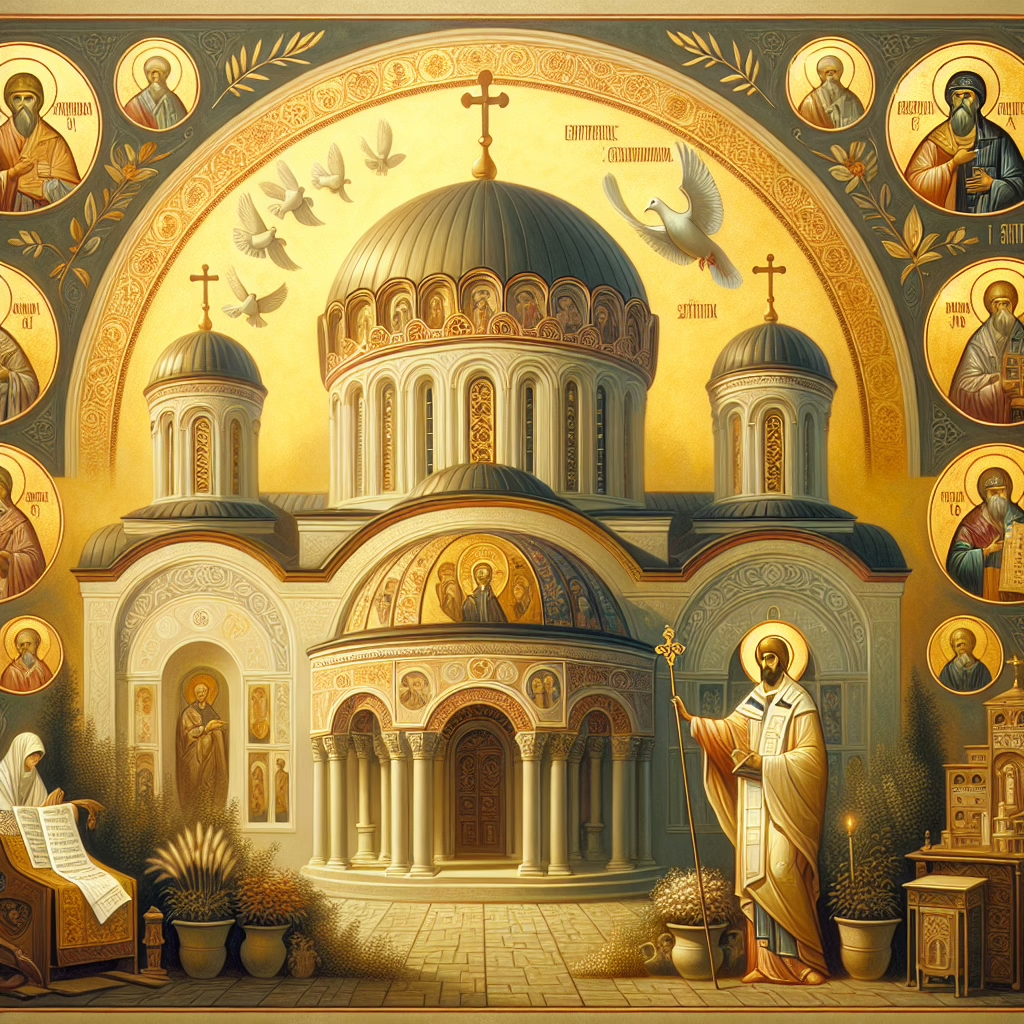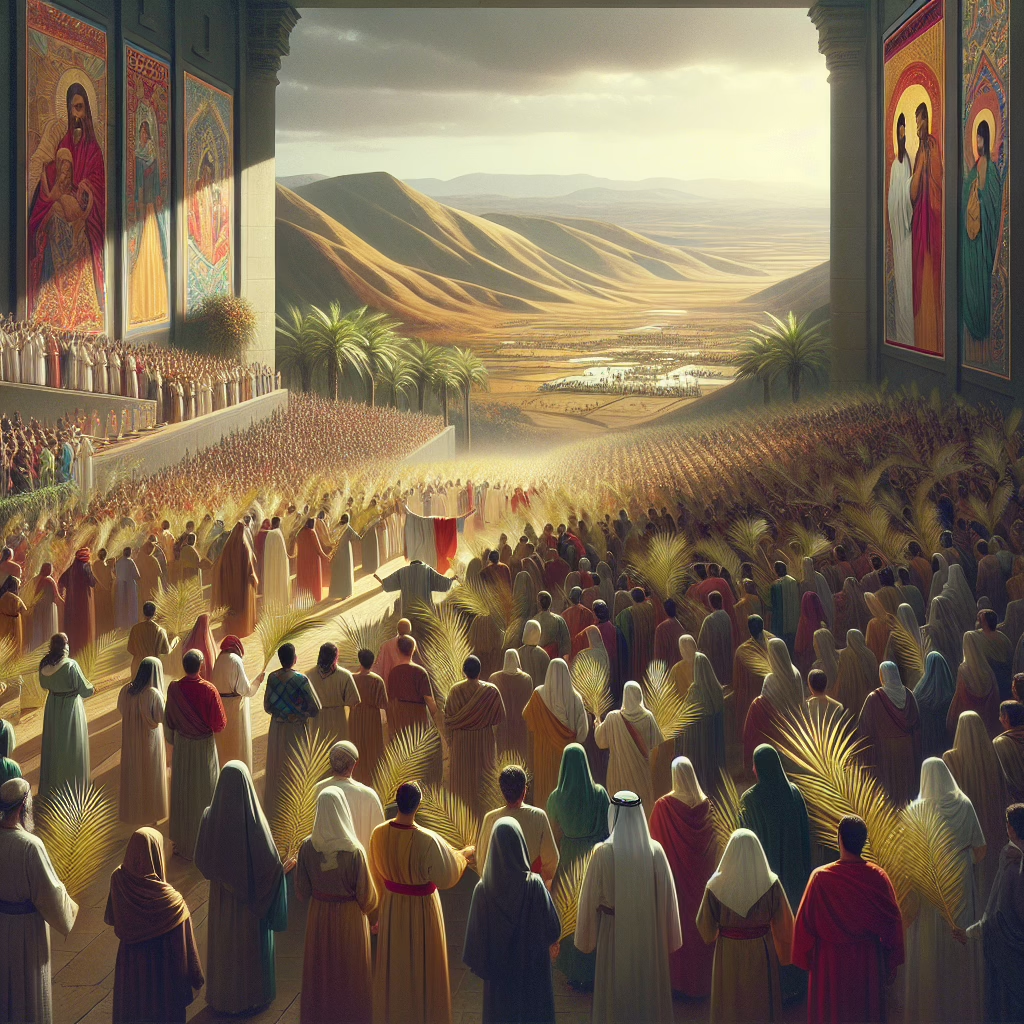Catholic vs. Protestant Views on Eucharistic Access: Exploring the Theological Divide
Introduction: Understanding the Dispute Over Eucharistic Access
- The act of communion, central to Christian worship, unveils a profound divide between Catholic and Protestant beliefs. While the Catholic Church holds to a closed communion—a sacred rite reserved for those within its fold—the Protestant Reformation championed a more inclusive approach, advocating for open access to the Eucharist.
- Historically, the Protestant Reformation was a seismic shift in religious practice and dogma, calling into question traditional Catholic teachings and sacraments. This divergence has had enduring effects on how communion is perceived and practiced across denominations.
- This article examines the theological foundations underlying both Catholic and Protestant positions on Eucharist access, delving into the historical, scriptural, and doctrinal nuances that inform these perspectives.
1. Objection: Protestants Advocate for Open Access to the Eucharist
1.1 Formation of Reformation Beliefs
- The Protestant Reformation, ignited in the 16th century, sought to "reform" certain aspects of Catholic doctrine that reformers considered unscriptural. Central to this movement was a re-examination of the sacraments, including the Eucharist, which led to significant deviations from traditional Catholic practices.
- Various Protestant denominations began to adopt interpretations that encouraged open communion, framing it as an expression of Christian unity and inclusive worship that reflects the early Church's practices.
1.2 Scriptural Interpretations by Protestants
- Many Protestant doctrines teach the idea of the "priesthood of all believers," a concept rooted in 1 Peter 2:9, which argues for the spiritual equality and direct access to God for all Christians. This belief underpins the argument for equal access to communion.
- Interpretations of the Last Supper narratives (e.g., Luke 22:19) are often advanced to support this view, suggesting that Jesus' exhortation to "do this in remembrance of me" was an inclusive mandate for all believers, not limited to a select few.
1.3 Theological Arguments for Open Access
- Through the principle of Sola Scriptura, many Protestants insist that Scripture alone should dictate the rules of Christian life, encouraging universal participation in communion as a reflection of scriptural teachings.
- The call for open access to the Eucharist is also seen as a means of fostering Christian unity and underscoring the equality of all believers in the eyes of God. It challenges the notion of denominational barriers as impediments to personal faith and direct communion with Christ.
2. Catholic Response: Upholding the Sacramental Integrity of the Eucharist
2.1 Theological Reasoning in the Catholic Tradition
- In contrast, Catholic theology emphasizes the sacraments as visible signs of invisible grace, instituted by Christ. Apostolic Succession is paramount in legitimizing priestly authority, entrusting the Eucharistic celebration to those ordained through this unbroken lineage.
- The doctrine of Transubstantiation defines the Catholic understanding of the Eucharist as the literal transformation of bread and wine into the Body and Blood of Christ, necessitating reverence and proper disposition from those who partake—hence the practice of closed communion.
"I am the living bread that came down from heaven. If anyone eats of this bread, he will live forever. And the bread that I will give for the life of the world is my flesh."
— John 6:51
2.2 Scriptural Support for Catholic Practices
- The authority of the Church is asserted through scriptural passages such as Matthew 16:18-19, where Jesus establishes Peter as the rock upon which the Church is built, bestowing the power to "bind and loose." This authority extends to the administration of sacraments, including the Eucharist.
- The Church's continuation of the Eucharist celebration, entrusted to the Apostles at the Last Supper, is seen as a sacred tradition to be preserved rather than universally accessed without due preparation.
2.3 Church Teachings and Tradition in Eucharistic Practices
- The Catholic Church relies on the Magisterium and sacred tradition to uphold the integrity of its teachings, interpreting scripture through the lens of centuries of theological development. As stated in the Catechism of the Catholic Church, the Eucharist is "the source and summit of the Christian life" (CCC 1324).
- Canon Law provides guidelines for the consecration and participation in communion, emphasizing the necessity of doctrinal agreement and unity of faith to partake worthily in this sacrament.
"Because there is one bread, we who are many are one body, for we all partake of the one bread."
— 1 Corinthians 10:17
Conclusion: Balancing Inclusivity and Sacramental Integrity in Communion
- This exploration of Catholic and Protestant views on Eucharistic access highlights a deep-seated theological divide rooted in historical and doctrinal developments.
- Catholics focus on preserving sacramental integrity and apostolic tradition, seeing the Eucharist as a profound mystery requiring proper disposition and unity of faith. Conversely, many Protestants advocate for inclusive communion, stressing personal faith and scriptural adherence.
- For those interested in these profound theological issues, examining the nuances of both positions can lead to a richer understanding of communion practices.
- We encourage readers to delve deeper into the Church's teachings and the richness of its sacramental theology for a more comprehensive grasp of why these practices persist.






Leave a Reply